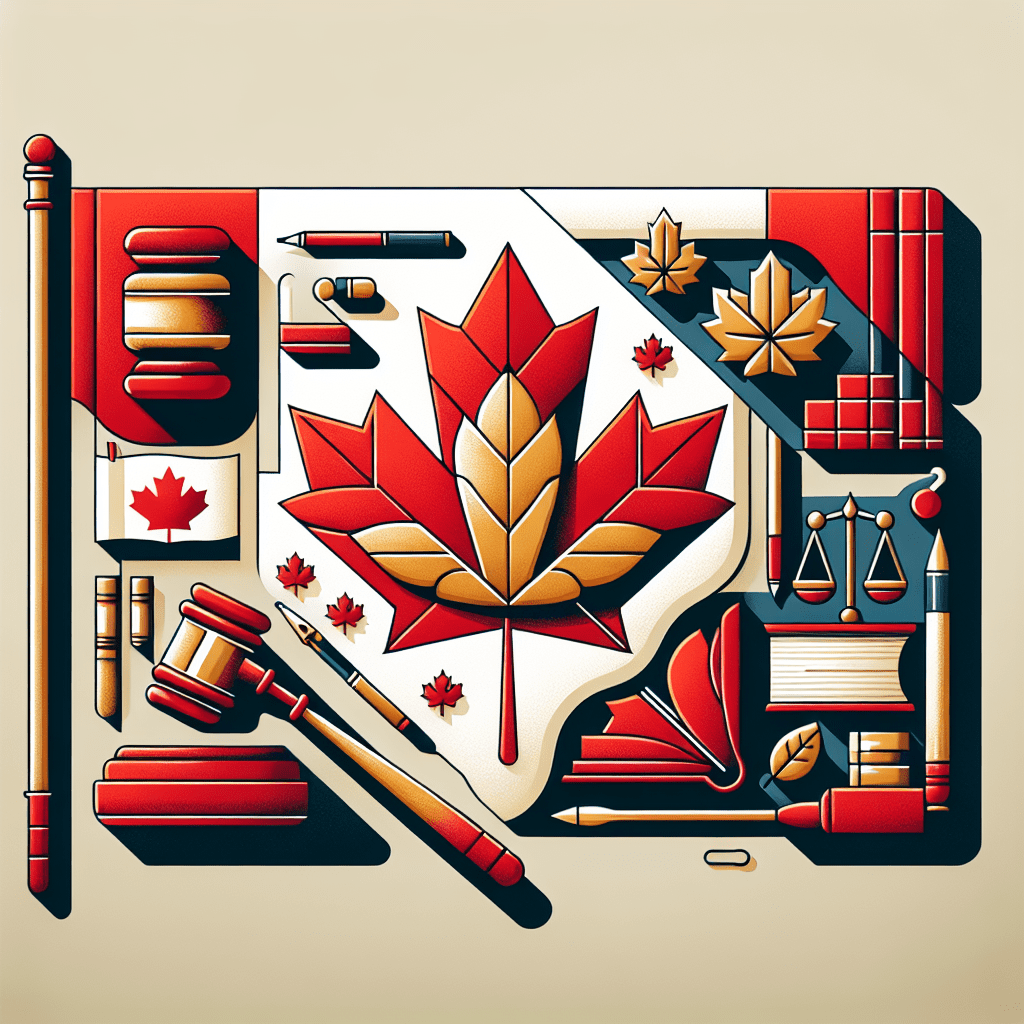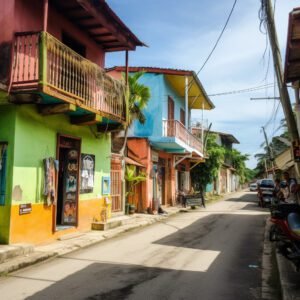Introduction
When traveling to a new country, it’s important to understand and respect the rules and cultural norms of that destination. Not only does this ensure a more enjoyable experience, but it also allows us to show our appreciation and understanding of the local culture. In this article, we will explore some key rules and cultural norms in Canada, a country known for its diversity, politeness, and embrace of different cultures.
Key Elements
Element 1: Apologizing
Canadians are renowned for their politeness and love of apologizing. It’s considered a common courtesy to say “sorry” when bumping into someone, even if it was accidental. This cultural norm reflects the Canadian value of being considerate and respectful towards others. So, if you find yourself in a situation where an apology is appropriate, don’t hesitate to express it genuinely.
Element 2: Queuing Etiquette
In Canada, queuing is taken very seriously. Whether it’s waiting in line at a grocery store, a restaurant, or a public transportation platform, Canadians value order and fairness. Always join the end of a line and wait patiently for your turn. Cutting in line is considered rude and may result in disgruntled glances or even confrontations from other queue members.
Element 3: Tipping
Tipping in Canada is customary and an important way to show appreciation for good service. In restaurants, it’s customary to tip around 15-20% of the total bill. However, be sure to check if a service charge has already been included in the bill, as this sometimes happens in larger groups or touristy areas. Tipping is also common in other service industries such as taxis, hairdressers, and hotel staff.
Element 4: Punctuality
Canadians value punctuality and being on time for appointments, meetings, and social gatherings. It is considered respectful to arrive a few minutes early or at the designated time. If you anticipate being late, it’s polite to inform the person you’re meeting in advance. This cultural norm emphasizes the importance of valuing others’ time and reflects the Canadian commitment to being reliable and responsible.
Element 5: Respect for Nature
Canada is known for its stunning natural landscapes, and Canadians take pride in preserving and protecting their environment. When visiting national parks or hiking trails, it’s crucial to follow all rules and regulations, including staying on designated paths, not littering, and respecting wildlife. Additionally, hunting or fishing without the proper licenses and permits is illegal and carries heavy penalties.
Element 6: Alcohol Consumption
The legal drinking age in Canada varies by province, ranging from 18 to 19 years old. It is essential to abide by this rule when consuming alcohol in public places or purchasing it from stores. Also, it is strictly prohibited to drink and drive in Canada. The legal blood alcohol concentration (BAC) limit is 0.08%, and driving under the influence can lead to severe penalties, including fines, license suspension, or even imprisonment.
Tips for Traveling
- Research and Familiarize Yourself: Before visiting Canada, it’s essential to research the specific rules and cultural norms of the province you will be traveling to. Each province may have slight variations in laws and customs.
Dress Appropriately: Canada experiences diverse weather conditions, so it’s important to dress accordingly. Pack layers and be prepared for both warm and cold temperatures, depending on the season and region you are visiting.
Be Mindful of Personal Space: Canadians generally value personal space and tend to keep a distance when interacting. Respect this cultural norm by giving people their personal space unless invited otherwise.
Carry Identification: It’s advisable to carry proper identification, such as a passport or a government-issued ID, as you may be required to present it in various situations like checking into hotels, purchasing certain items, or verifying your age.
Learn Basic French Phrases (if traveling to Quebec): In the province of Quebec, French is widely spoken. Although many people also speak English, it is appreciated if you make an effort to learn basic French phrases and greetings.
Respect First Nations Cultures: Canada has a rich heritage of Indigenous cultures, and it’s important to show respect and appreciation for them. Learn about the local Indigenous communities and their customs before visiting, and be mindful of any sacred sites or traditions.
Stay Informed on COVID-19 Guidelines: Like any other country, Canada has specific guidelines related to COVID-19. Stay informed about travel restrictions, quarantine requirements, and health and safety protocols to ensure a smooth and responsible trip.
Disclaimer
The information provided in this article is for informational purposes only and should not be considered legal advice. It is always essential to check official government sources and consult with professionals when planning a trip to Canada. Rules and cultural norms may vary, and it’s crucial to respect and abide by the laws of the country you are visiting.



